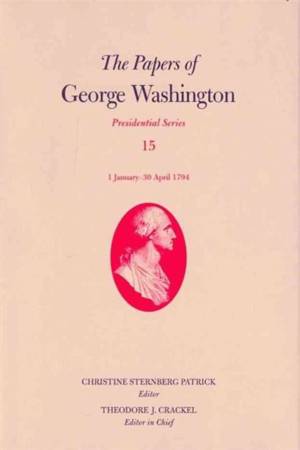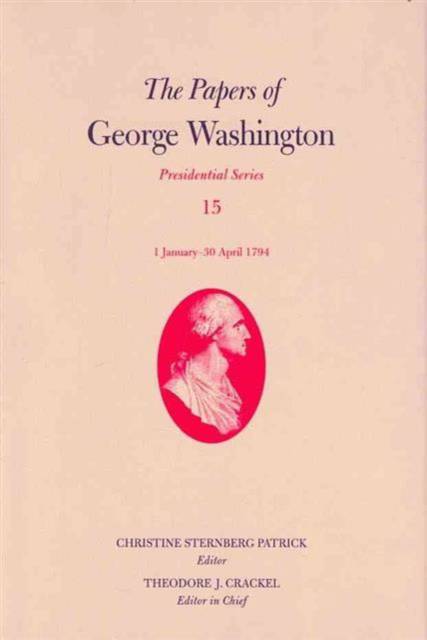
- Afhalen na 1 uur in een winkel met voorraad
- Gratis thuislevering in België vanaf € 30
- Ruim aanbod met 7 miljoen producten
- Afhalen na 1 uur in een winkel met voorraad
- Gratis thuislevering in België vanaf € 30
- Ruim aanbod met 7 miljoen producten
Omschrijving
Volume 15 documents the period from 1 January through 30 April 1794, a time when Washington continued to focus his efforts as president on preventing the United States from becoming entangled in the continuing war between France and Great Britain. Of particular concern was French and British interference with American shipping, despite claims of neutral rights by the United States. Congress reacted to this problem in late March by declaring a thirty-day embargo on all ships and vessels in American ports, and the Washington administration enforced this resolution, as well as a series of earlier Cabinet decisions regarding the presence of foreign privateers and their prizes in American ports.
The threat of U.S. involvement in the war led Congress to pass legislation designed to increase the military strength of the United States. As a result, Washington and Secretary of War Henry Knox directed the construction of coastal fortifications, the establishment of federal armories, and the creation of an American navy. The European war also produced an exodus of refugees to the United States from the French colony of Saint Domingue and a subsequent federal program of monetary relief, which the administration oversaw.
The question of neutral rights, the threat of an Indian war in the Northwest Territory, British retention of military posts in American territory, and a desire for a favorable trade agreement prompted Washington to appoint John Jay as envoy extraordinary to Great Britain in order to resolve these issues. At the same time, other U.S. diplomats continued their efforts to reach an understanding with Spain over the right of free navigation of the Mississippi River by Americans, Indian unrest in the Southwest Territory, and the boundary between Georgia and Florida, as well as to obtain a commercial treaty between the two nations.
In an effort to manage his Mount Vernon farms while residing in Philadelphia, Washington regularly sent detailed instructions to William Pearce, his newly hired estate manager. Of particular concern were the implementation of a five-year plan of crop rotation designed by Washington in 1793 and the acquisition of a sufficient supply of buckwheat and other seed for spring planting. Washington continued to be a benevolent benefactor for his extended family, particularly his sister, Betty Washington Lewis, and his orphaned niece, Harriot Washington. He also directed the refurbishment of his house in Alexandria, Va., for Frances Bassett Washington, the widow of his nephew George Augustine Washington, and he made arrangements to purchase lots in the new Federal City.
Specificaties
Betrokkenen
- Auteur(s):
- Uitgeverij:
Inhoud
- Aantal bladzijden:
- 784
- Taal:
- Engels
- Reeks:
Eigenschappen
- Productcode (EAN):
- 9780813928463
- Verschijningsdatum:
- 4/08/2009
- Uitvoering:
- Hardcover
- Formaat:
- Genaaid
- Afmetingen:
- 168 mm x 241 mm
- Gewicht:
- 1270 g

Alleen bij Standaard Boekhandel
Beoordelingen
We publiceren alleen reviews die voldoen aan de voorwaarden voor reviews. Bekijk onze voorwaarden voor reviews.











